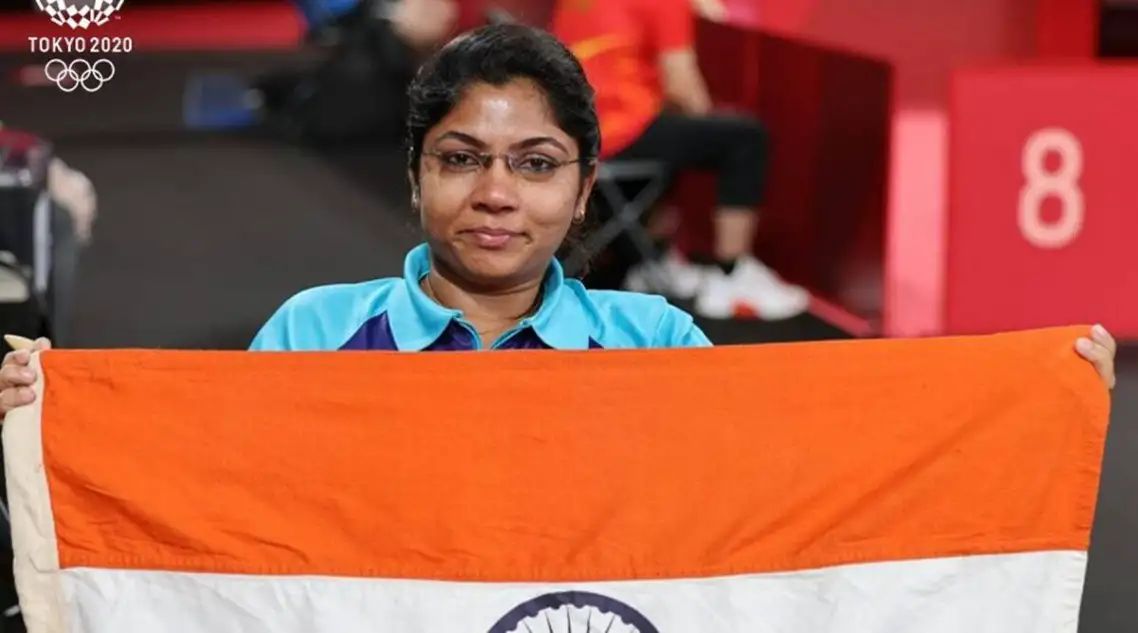Ahmedabad: During a meeting with Gujarat Chief Minister Bhupendra Patel, silver medalist at Tokyo Paralympics 2020 Bhavina Patel said a broader range of national level jobs need to be provided to athletes who excel at national levels.
“In Gujarat, there are so many para athletes who have participated in international events. But they remain in the background because they do not get any financial support. I got my family’s support and reached till here,” said Bhavina at a programme, “Narayani Namostute”, where 18 women achievers were felicitated at the chief minister’s residence in Gandhinagar.
The 34-year-old paddler from Mehsana said the Gujarat government schemes for sportspersons do not reach para athletes. “The schemes made by the Gujarat government for sportspersons do not apply to para athletes,” said Bhavina who won the first ever Paralympic medal for India in table tennis.
“I have one more request. Those who win gold, silver or bronze in national events, should be given government jobs under sports quota. This will make them financially stable and they can continue with their game as well,” said Bhavina who spoke in Gujarati. During the interaction, Mittal Patel who works for the upliftment of nomadic and denotified tribes in Gujarat said the budget allocated by the government every year for these tribes does not get spent.
“There are 40 tribes and they are considered part of OBCs. Their population is about 50 lakh in Gujarat. While the budget for OBCs is Rs 4,000 crore, the nomadic tribes get only Rs 105 crore of that. Even this amount does not get spent,” she said asking the government to increase the spending on these tribes seeking the appointment of a nodal officer for the same.
In response, Chief minister Bhupendra Patel said he will try his best to help on the issues highlighted by Bhavina and Mittal.
Others who spoke on the occasion included Heena Velani from Kutch who helped conduct final rites for Covid victims who died in Bhuj civil hospital. Heena narrated how the gas-fired crematorium could accommodate only two bodies at a time, while there were 15 bodies waiting to be cremated. She said she associated with RSS and helped families cremate bodies. “It was a time when three bodies were taken in each ambulance,” Velani added.



